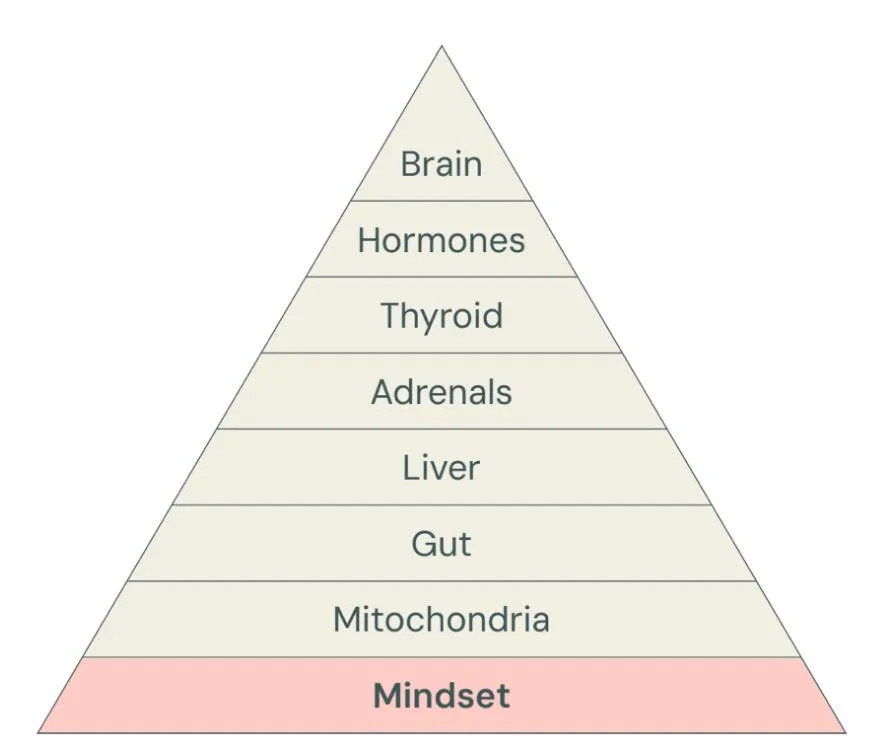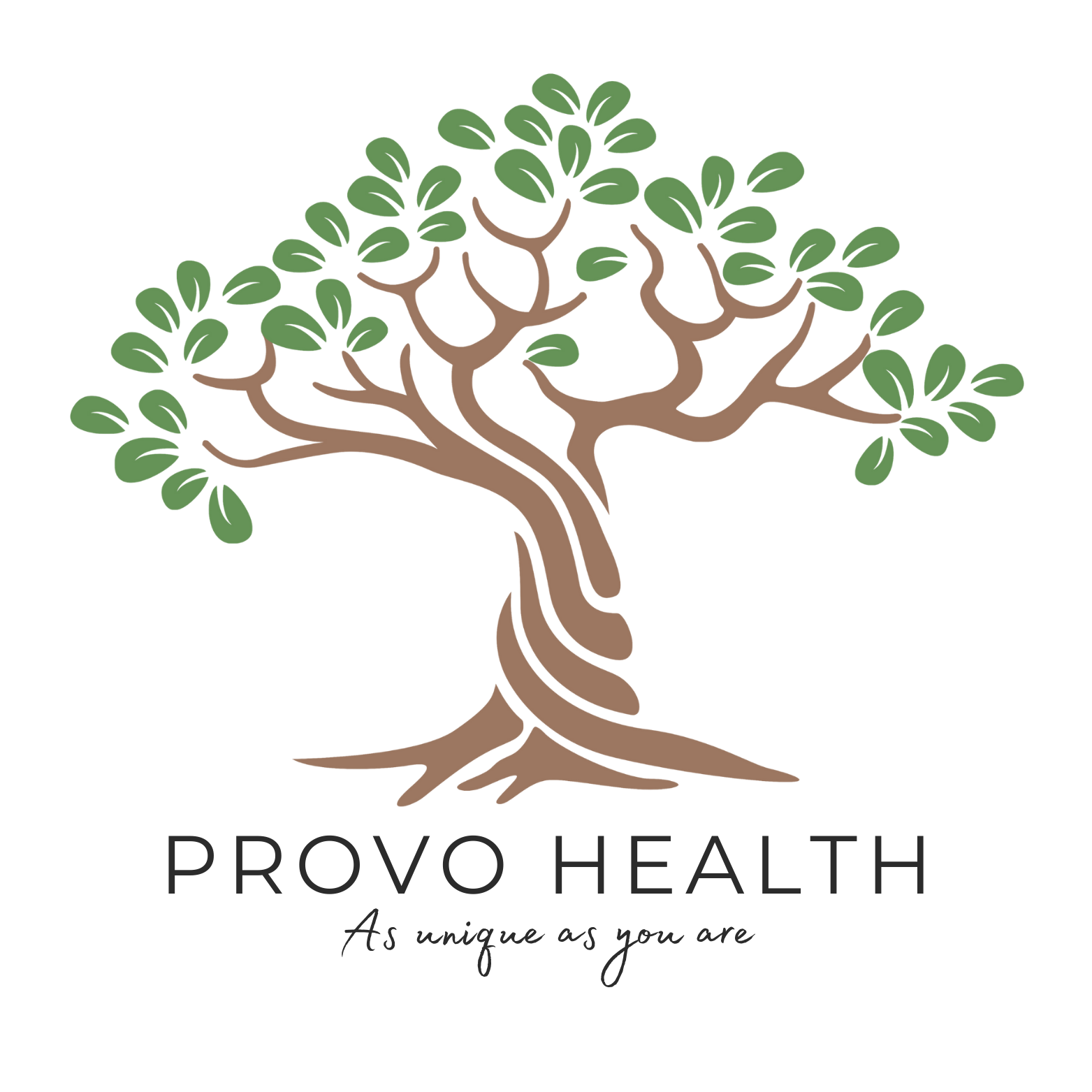Utah's Leading Clinic for Healing
Provo Health
Does This Sound Familiar?
Your health is an anomaly and you keep bouncing from doctor to doctor looking for answers but they can never quite find the ROOT of your problems
You feel like you're stuck on a medical merry go round and your healing journey is two steps forward, two steps back
You feel like your doctors are constantly chasing symptoms. the REAL solution to your health problems constantly feels out of reach but you think "maybe this next clinic will figure it out this time around."
You know healing is possible but you feel you are giving up hope that it's will ever happen for you
Don't worry, we can help!
At Provo Health We do Things Differently
Traditional medicine often treats symptoms, but we go deeper—way deeper. We believe that true healing happens when you uncover and address the root cause of illness, not just chase symptoms and mask them with medications or endless supplements.
Many of the people we help have been overlooked, misdiagnosed, or told “everything looks normal.” But behind the scenes, they’re dealing with things like:
-Chronic infections (Lyme, -Epstein-Barr, parasites)
-Mold toxicity
-CIRS
-Mitochondrial dysfunction
-Nervous system dysregulation
-Gut imbalances
-Poor detox
-Hormone chaos
These hidden stressors keep your body stuck in survival mode.We help you get unstuck—with the right testing, support, and strategy.
This is root cause medicine.This is Provo Health


First We Test, Then We Support Your Body For Healing!
Next, We Support Your Body For Healing Once We've Done Testing
We don’t guess—we test. Once we uncover the root cause, we guide you through a strategic healing process that clears what’s weighing you down and rebuilds what your body needs to thrive.
Step 1: Clear the Load
Targeted therapies to reduce toxins, infections, and inflammation:
-Ozone (IV & Transdermal)
-Nutritional IVs
-Hyperbaric Oxygen Therapy
-Detox Protocols
Step 2: Rebuild & Restore
We support deep, lasting healing with:
-Regenerative Nutrition
-Personalized Coaching
-Functional Medicine Strategies
No band-aids. Just real healing—rooted in science and tailored to you.
LEARN ABOUT OUR TESTING AND TREATMENTS
Did You Know that Your Body is Meant to Heal in a Specific Order...
and if it doesn't, you'll forever feel like you're stuck chasing symptoms!
Most people feel trapped in the endless cycle of medical treatments—two steps forward, two steps back—never gaining real momentum while draining time and money. But the problem isn’t them; it’s the approach. Healing has to happen from the
root up, not from symptoms down. When you rebuild the foundation, the rest naturally falls into place because the body is a self-regulating system, designed to restore balance. The key is following the right protocols in the right order.

Purchase Memberships
It's never been more affordable to expedite your healing
Provo Health offers a variety of memberships to help you heal for a fraction of what other clinics charge! And we have memberships to match each and everyone's budget. To learn about each click below.



